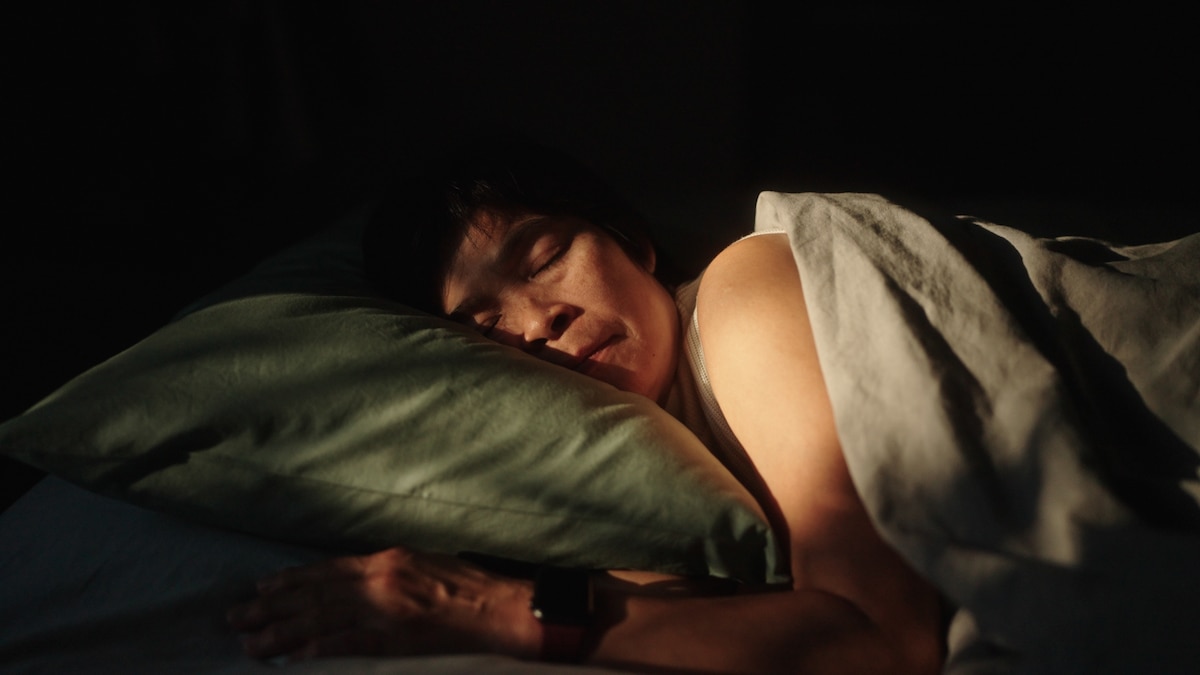Now Reading: Why Sleeping on Your Side May Be Healthier for Some
-
01
Why Sleeping on Your Side May Be Healthier for Some
Why Sleeping on Your Side May Be Healthier for Some

Speedy Summary
- Research highlights the benefits of side sleeping for reducing back pain, sleep apnea, and heartburn, with millions experiencing relief from these conditions.
- Sleep Apnea: Side sleeping prevents airway blockages caused by relaxed tongue positioning during back sleeping. It improves airflow and reduces breathing pauses (apneas), lowering risks of cardiovascular diseases such as stroke or hypertension.
- Back Pain: Studies show side sleeping maintains the spine’s natural curvature and reduces lower back pressure better than stomach or back sleeping positions. Pregnant women and overweight individuals especially benefit from this position.
- Heartburn/Gastroesophageal Reflux Disease (GERD): Sleeping on the left side helps prevent acid reflux due to anatomical factors like esophagus-stomach positioning, further supported by a 2022 study from American Journal of Gastroenterology.
- Transition techniques include using body pillows, wearable devices to track positions, keeping an ideal sleep environment free from disturbances, or consulting a sleep specialist.
Indian Opinion analysis
The findings regarding side sleeping hold vital health implications for india-a country where chronic issues like GERD, sleep disorders, and obesity rates are increasing alongside sedentary lifestyles. With limited awareness often hindering preventive measures against illnesses such as heart disease or stroke tied to poor sleep quality in middle-aged populations across urban centers in india, promoting tips like transitioning to healthier sleep positions offers accessible solutions without extensive financial expenditure.additionally, considering India’s healthcare burden on respiratory conditions due to environmental pollutants coupled with widespread dietary triggers for acid reflux (e.g., spicy food habits), normalizing effective practices like left-side sleeping could help mitigate these problems over time. Future public health campaigns that focus on simpler lifestyle adjustments-including changes in bedding comfort-could bolster long-term societal well-being while reducing dependency on medical interventions.






















